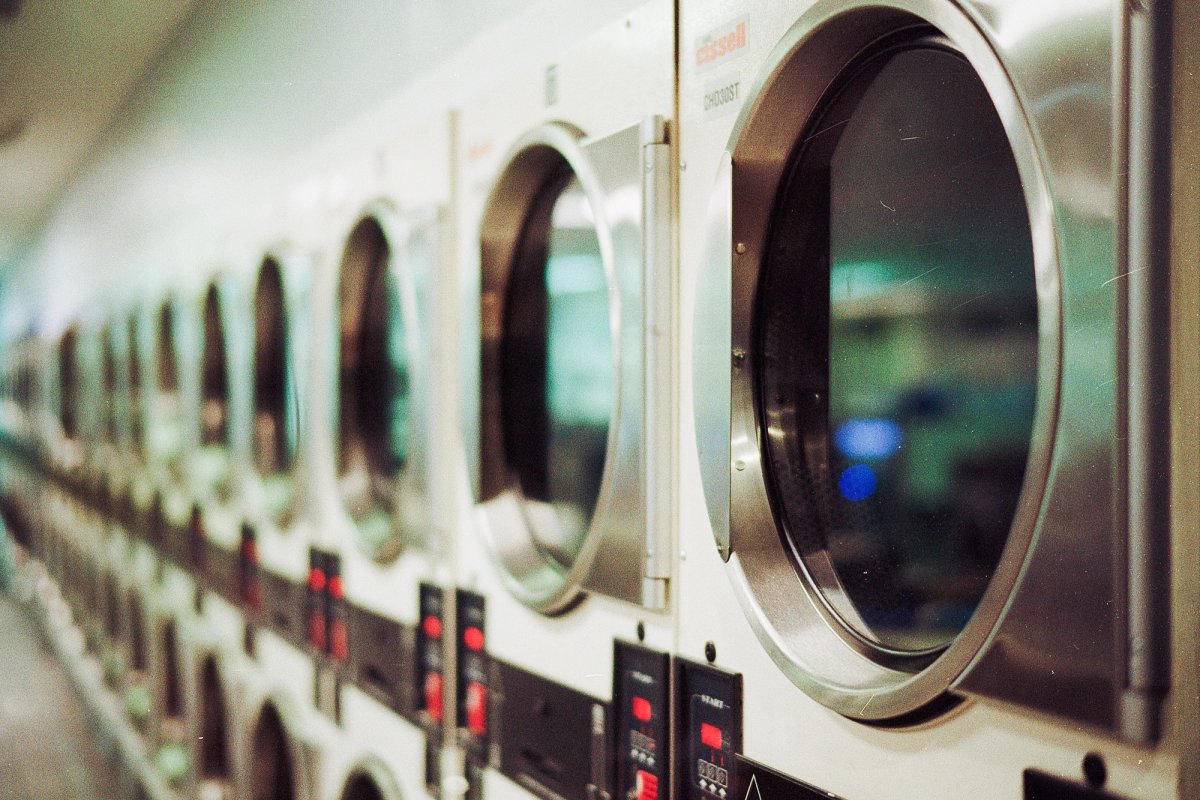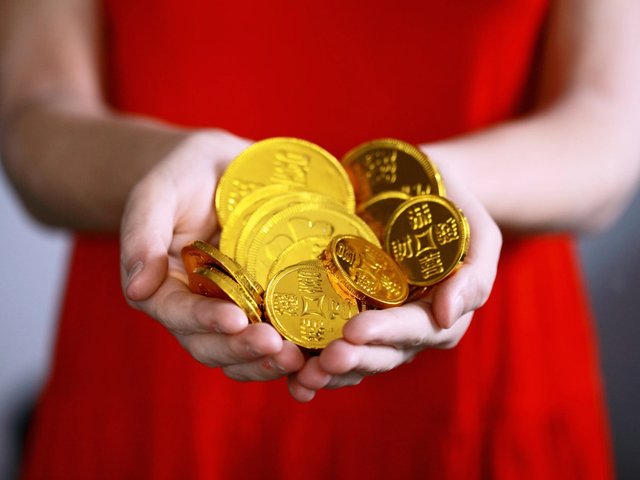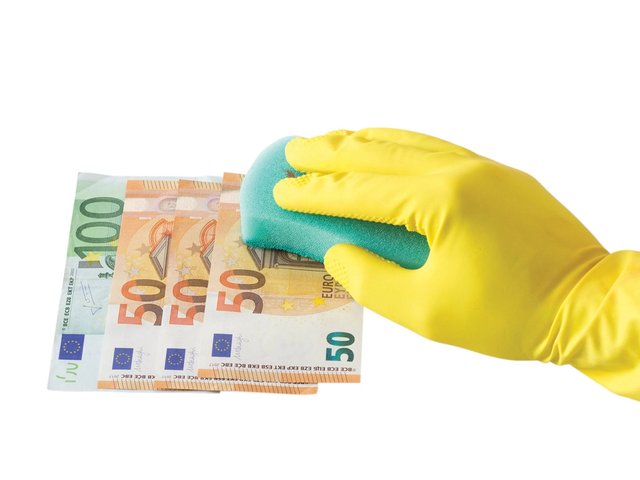Time is running out: all "art market participants" must register with the UK's HMRC for anti-money laundering supervision before this Thursday, 10 June. Those who fail to do so risk civil penalties or criminal prosecution under the European Union's 5th Money Laundering Directive (5MLD), designed to combat financial crime and terrorist funding.
The UK art market has been subject to other requirements of the 5th Money Laundering Directive—such as carrying out risk assessments and due diligence on buyers and sellers to verify their identity—since 10 January 2020. Details of those obligations are explained here. If an art market participant deals with funds that it knows or suspects to be the proceeds of crime, they risk being prosecuted for a money laundering offence under the Proceeds of Crime Act 2002.
Art market participants (AMPs) are defined as a firm or individual (such as a dealer, advisor or auction house) who trades in—or acts as an intermediary in the sale or purchase of—works of art where the value of the transaction (or a series of linked transactions) is €10,000 (£8,600) or more. The term also applies to those who operate a freeport used to store works of art where the value for a person (or a series of linked persons) is €10,000 (£8,600) or more.
The new regulations do not, it was decided last month, apply to artists who sell their own work direct to clients.
After lobbying from a group of trade groups including the British Art Market Federation (BAMF), the directive adopts the same definition of a work of art as current VAT legislation and, as such, excludes some antiques such as antique furniture, porcelain and clocks.
However the following are deemed "works of art":
- all hand-executed paintings, drawings, collages
- unique or limited edition original engravings, lithographs or other prints
- any original sculpture or statuary
- limited edition sculpture casts
- hand-made, unique or limited edition tapestries
- hand-made, signed unique or limited edition ceramics
- hand-made, signed unique or limited edition enamels on copper (excluding jewellery)
- signed limited edition photographs (in editions of less than 30 for the same exposure)
You can register as an AMP here and an explanation of fees can be found here. Registration fee is £300 for each premises (for example auction house, freeport or gallery), plus a non-refundable £150 per person fit and proper test fee (this does not apply to all AMPs, only a money service business or a trust or company service provider) and £40 (per person) approval fee for high-value dealers. The annual renewal fee is then £300 per premises.
Small businesses (turnover below £5,000 per year) can apply for a £120 refund of the £300 registration fee.
The British Art Market Federation has published guidelines on 5MLD which can be downloaded here.
“The art market has attracted the attention of Anti-Money Laundering regulators for a number of reasons," says Laura Ford, the litigation and regulatory partner at DLA Piper. "The high value of the goods in question attracts criminals seeking to launder money and legitimise criminal funds or finance illegal activities. The art world is also attractive to criminals given its spread throughout multiple international markets and the common use of intermediaries and offshore accounts. This is facilitated by a general culture of secrecy which results in the buyer and seller being often unknown to one another."
She adds: "These factors combine to create what the Basel Institute on Governance, a worldwide not-for-profit centre focused on countering financial crimes, calls 'an ideal playing ground for money laundering'."




